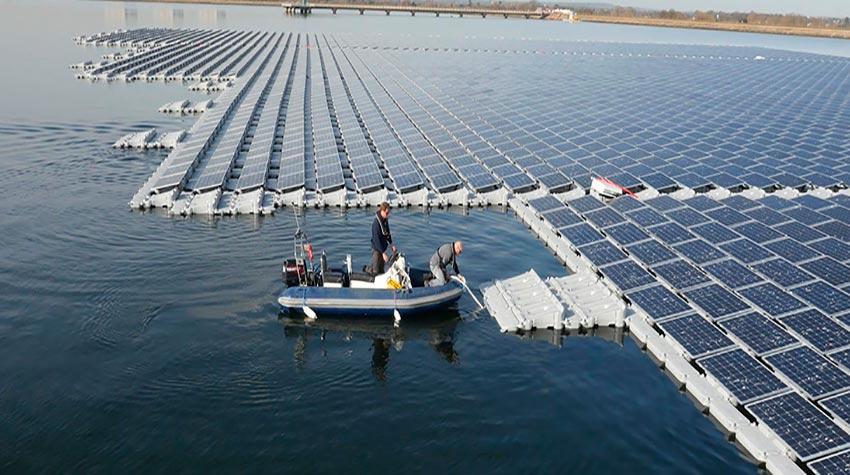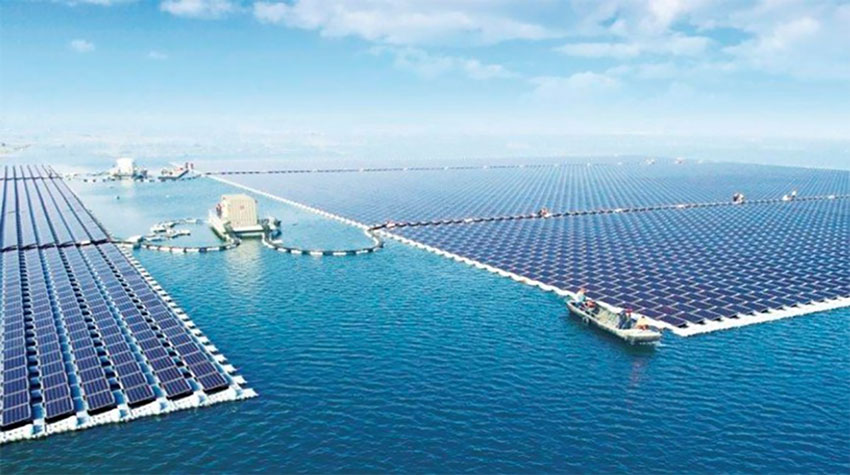FAQs about Solar Energy

1. What is solar energy?
Solar energy is one that uses light or heat from sun to generate electricity or produce heat. Solar panels of photovoltaic cells convert sunlight into electricity through a process called photoelectric. The panels can be installed on various places, such as roofs of houses, buildings or car parks. Solar parks produce electricity on a large scale, enough to meet the needs of cities.
Solar energy is inexpensive, inexhaustible, non-polluting, reduces the use of fossil fuels and does not increase global warming. Therefore, it is in direct line with the Paris Agreement, based on the non-emission of greenhouse gases and the replacement of fossil fuels with clean energies.
There are three systems to take advantage of solar energy. Passive systems are mainly used to capture and accumulate the heat coming from solar energy. Thermal systems take advantage of the sun’s energy to produce heat for cooking or heating. Photovoltaic systems, the most used, obtain energy from solar radiation and convert it into electricity.
Other FAQs about Solar Energy
1. What is solar energy?
2. Is solar energy a clean or green source?
3. How do solar panels work?
4. What are the advantages and disadvantages of solar energy?
5. What is a photovoltaic panel?
6. What are the main countries producing solar energy?
7. What is the share of solar energy in global electricity consumption?
8. What is a photovoltaic solar energy park and how does it work?
9. What is the future of solar energy?
10. What are the risks that threaten solar energy?
Other sections of Solar Energy
Article
Solar energy, a big bet against climate change
Solar energy is one that uses light or heat from the sun to generate electricity or produce heat. Photovoltaic solar panels convert sunlight into electricity through a process called photoelectric. There are millions of people who already use electricity generated by solar energy. The world is aware of the importance of the transition towards a sustainable economy, based on low greenhouse gas emissions to curb global warming and therefore climate change. However, there is still a long way to go to significantly reduce the use of fossil fuels such as coal, gas and oil…
Magazine

Solar energy, a clean, inexpensive and inexhaustible source
Solar energy along with wind energy and electric cars, forms a powerful trio to face global warming and climate change. Solar energy is in direct line with the Paris Agreement, based on the non-emission of greenhouse gases and the replacement of fossil fuels with clean energies.
Coming soon in April
You can also see it in…
Infographics

Photo Gallery.

Video Gallery


